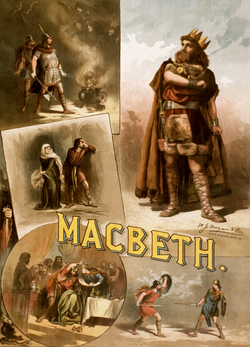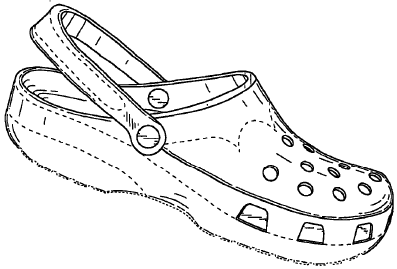One of the nice personality traits of the judges of the Federal Circuit is that they have healthy senses of humor. Judge Plager’s rather wry sense of humor demonstrated itself in two recent oral arguments.
In the oral argument for IN RE ELECTRO-MECHANICAL INDUSTRIES, 2008-1530, (Fed. Cir. Dec. 22, 2009), the court was trying to determine why the district court judge had increased the award of attorneys’ fees in a bankruptcy estimation proceeding. Judges Moore and Plager were intently discussing with plaintiff’s counsel the Lodestar analysis for contingency cases and inquiring about his reaction at the time that the district court judge significantly enhanced the attorneys’ fee award. As you’ll hear, Judge Plager then asked “I bet you had a party, didn’t you?” [Listen]. For the record, I’m pretty sure that whether one had a party is not the current standard of review of a Lodestar analysis.
In the oral argument of another recent case, In re Medicis Pharmaceutical Corporation, 2009-1291, (Fed. Cir. Dec. 14, 2009), the Associate Solictor for the PTO made a conscientious effort during oral argument to correct a statement that was in his brief. Judge Plager’s tongue-in-cheek remark was “Which raises the question ‘Were you lying then, or are you lying now?’ ” [Listen].
 Chief Judge Rader was questioning appellant’s counsel about the issue of deceptive intent to deceive the public during the oral argument of Pequignot v. Solo Cup Co., 2009-1547 (Fed. Cir. June 10, 2010) when he tried to use a baseball analogy to make his point: [Listen].
Chief Judge Rader was questioning appellant’s counsel about the issue of deceptive intent to deceive the public during the oral argument of Pequignot v. Solo Cup Co., 2009-1547 (Fed. Cir. June 10, 2010) when he tried to use a baseball analogy to make his point: [Listen]. 
